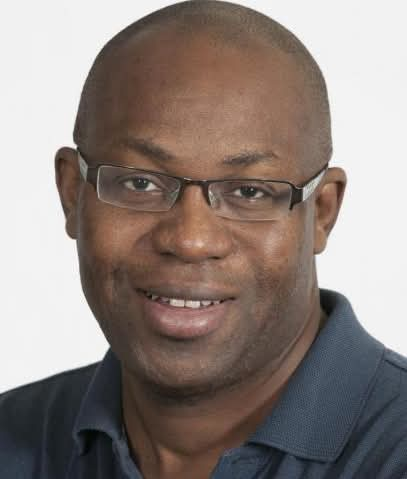1. In Canada and the USA, the term “professor” is used as the name for someone who teaches in a university just as a teacher in a university in Ghana is called a lecturer. Professor is also used as a title in North American universities. So, in Canada and the USA, there is an important distinction between (a) using professor as the name for a teacher in a university, and (b) using professor as a professional title. In case (a), your students informally call you “professor”.
2. In North America, adjunct professors, assistant professors, and professors of practice do not use professor as a title or a name when they are outside the university and/or are no longer working at the university just as honorary doctorate holders do not use the Dr title. US politicians like Bill Clinton, Al Gore, Barack Obama, Hilary Clinton etc have held such teaching positions at universities like Chicago, Columbia, UCLA, etc. They have never used the title of professor. But in Ghana, where many people are so obsessed with titles, this norm is violated by some people.
3. Outside your university, you only use professor as your title (or name) if you attained the rank of associate professor or full professor. Once you call yourself a professor outside your university or write professor or prof as a prefix to your name, you are using it as a title in the same way that Dr as a prefix to a person’s is a title. This is unacceptable if you are, for example, an adjunct professor or a professor of practice.
4. If you are an assistant professor in North America, your equivalent rank in Ghana, the UK, etc is lecturer or senior lecturer. Associate and full professorships are earned. These ranks require an evaluation of the applicant’s academic work by two or three external reviewers (who have an arms-length relationship with the applicant and whose identities will not be disclosed to the applicant); an evaluation of the applicant’s academic work and a vote by the applicant’s department’s tenure and promotions committee; an evaluation of the applicant’s academic work and a vote by the college/faculty tenure and promotions committee, etc. This process typically takes at least six months.
Appointments to assistant professorship, adjunct professorship, professor of practice, etc do not require this process.
5. The point in #4 implies that, from the standpoint of academia and scholarship, being an associate professor or full professor requires a lot more than being an assistant professor, adjunct professor, or professor of practice just as an earned doctorate requires more than an honorary doctorate (from the standpoint of scholarship). That is why people who are associate professors, full professors, and earned doctoral degree holders find it unacceptable when holders of honorary doctorates and, for example, adjunct professors and professors of practice use the titles of professor and/or doctor. There is a non-trivial distinction between the two groups.
6. There are very talented people who are more capable than many professors but chose not to pursue a PhD degree or teach in a university or left academia without being associate or full professors. They are/were very accomplished in fields like business, engineering, medicine, law, accounting, etc. Some notable examples are Stephen Wolfram, Ben Carson, Nikola Tesla, Bill Gates, Elon Musk, Mark Zuckerberg, Jeff Bezos, Lord Denning, etc. In terms of scholarship, there are people who are not professors but have accomplished more than many professors. The 2024 Nobel prize winners in Chemistry, Demis Hassabis and John Jumper, research scientists at Google DeepMind, are not professors. Winning a Nobel prize is more prestigious than the title of professor. There are also top scientists at leading research institutes, labs, and technology companies like Nvidia, Perimeter Institute, Johnson & Johnson, NASA, Fermilab, Max Planck Society, DeepSeek, and CERN who are not professors.
7. Brighten your corner wherever you are. Esse quam videri: to be, rather than to seem.
J. Atsu Amegashie
August 22, 2025


